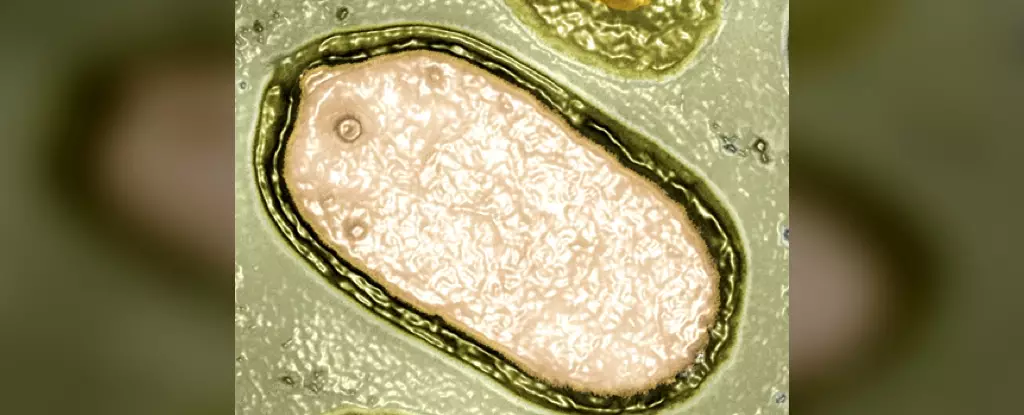In an awe-inspiring leap for marine biology, scientists have unearthed a remarkable treasure trove of giant viruses lurking within our oceans. This groundbreaking research, led by a dynamic duo from the University of Miami, has identified not just a handful but an astonishing 230 giant viruses that were previously unknown to science. The implications of this discovery are both profound and immensely concerning, challenging our understanding of microbial life and the delicate balance maintaining our oceanic ecosystems. Marine biologist Benjamin Minch and virologist Mohammad Moniruzzaman have pushed the frontiers of oceanic virology by utilizing advanced computational tools to sift through seawater samples, bringing to light the hidden complexities of marine microbiomes.
Complex Interactions: A Double-Edged Sword
One of the standout revelations from this study is the role that giant viruses play in the broader food web of the ocean. They primarily target phytoplankton, the tiny organisms crucial for photosynthesis that sustain marine life and generate a significant portion of the world’s oxygen supply. While these viruses may appear to be mere predators in the microbial world, their interactions are multifaceted and can lead to severe environmental consequences. By understanding how these viruses operate, researchers aim to devise strategies to manage harmful algal blooms—phenomena that pose substantial threats to human health, particularly in regions like Florida.
The chilling thought that viruses possess the capability to manipulate their hosts’ metabolism raises alarm bells. It suggests that giant viruses possess a form of intelligence—however primitive it may be—that allows them to enhance their survival by commandeering the very processes that sustain life. This revelation compels us to reconsider our perspective on viruses not merely as insignificant pathogens, but as complex, integral players within the marine ecosystem.
Viruses: The Unseen Architects of Marine Life
The traditional view of viruses as devoid of significant biological utility is being upended. The study unveiled 569 new functional proteins, nine of which are directly linked to photosynthesis, indicating that these giant viruses might hijack cellular functions to gain energy. This intricate manipulation poses critical questions about the evolutionary arms race between viruses and their hosts. Are these viruses mere predators, or do they serve a more nuanced role as regulatory agents in marine biogeochemistry? The capacity of giant viruses to influence primary production can have cascading effects, reshaping the entire marine food web.
Interestingly, the researchers categorized these viruses into two distinct orders: Imitervirales and Algavirales, each exhibiting unique infection strategies. The genetic complexity of Imitervirales suggests a more adaptable life strategy, raising concerns about their potential impact on diverse hosts. The ocean is a chaotic web of interdependencies, and introducing or omitting a single element—like a virus—can fundamentally disrupt this balance. As we delve deeper into the microbial realm, it becomes imperative to consider the broader ecological ramifications.
Policy Implications: A Call for Vigilance
This scientific breakthrough is not merely an academic exercise; it resonates powerfully with real-world implications. If giant viruses have evolved sophisticated mechanisms to thrive, we must stand on alert against the threats they pose, particularly with climate change and pollution altering ocean dynamics. Societal management of waterways and pollution will become increasingly pertinent as we learn more about these viruses and their effects on marine life.
The ability to frame studies that can predict and monitor these microscopic marauders paves the way for more robust environmental policies. Advocacy for increased funding and research initiatives in marine virology should be the immediate response from policymakers. Ignoring the complexity of ocean ecosystems could lead us down a perilous path, where human health becomes compromised, and the very oxygen we breathe hangs in the balance.
The study conducted by Minch and Moniruzzaman is not merely a step forward; it is a clarion call. Humanity must heed the warnings that these findings elucidate—our oceans are not just vast expanses of water but vibrant ecosystems brimming with unknown challenges and opportunities essential to life on Earth. As we strive to uncover these hidden facets of marine life, we should embrace a sense of urgency and responsibility, recognizing that our actions today will shape the future of our planet.

